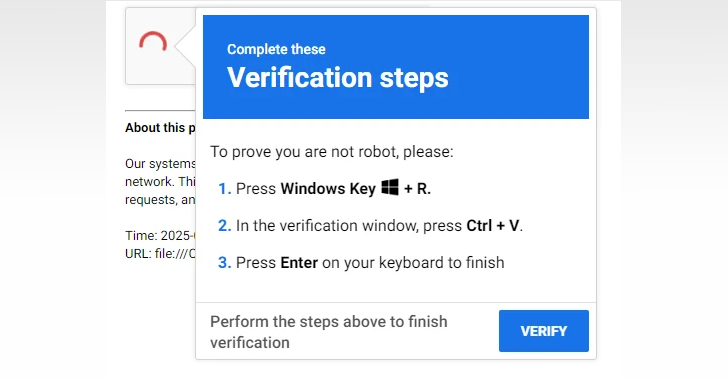
Value-Identifying Application Due Diligence for Startups
The decision to integrate a new application or software into a startup’s operations is not trivial. It can impact the company’s efficiency, profitability, and overall trajectory. With an overwhelming number of applications flooding the market, how does a startup discern which ones truly offer value and align with their objectives? This article dives into the concept of value-identifying application due diligence and offers a roadmap for startups in their quest for the best software tools.
Why Due Diligence Matters
Every startup is unique, but they share a commonality: limited resources. Time, money, and manpower are typically in short supply. Selecting the wrong application can be a costly misstep, not just in terms of purchase or subscription price, but also in training time, potential downtime, and potential workflow disruptions. Therefore, it’s essential to perform a comprehensive analysis before committing to a software solution.
Steps to Value-Identifying Application Due Diligence
- Define Clear Objectives
Before diving into the myriad of application options, clarify what you hope to achieve with the new software. Are you looking to automate a manual process, improve communication, or perhaps gain better insights into customer behavior? By knowing your goals upfront, you can filter and prioritize potential applications more effectively.
- Research User Reviews and Case Studies
Peer insights can be invaluable. Look for reviews from other startups or businesses in your industry. While you’ll undoubtedly encounter a mix of positive and negative feedback, patterns can emerge that highlight an application’s strengths and weaknesses. Case studies can also offer a detailed look into how an application can be implemented and the results achieved.
- Prioritize Security
In a world where data breaches are increasingly common, an application’s security features should never be an afterthought. Ensure the software adheres to industry-standard encryption practices and data protection policies. If customer data will be handled, it’s doubly important to ensure that their information will be secure.
- Test Usability with Your Team
The most feature-rich application can be rendered useless if it’s not user-friendly. Once you’ve shortlisted potential applications, involve key team members in trial runs. Their feedback about the software’s ease of use, intuitiveness, and adaptability will be crucial in your final decision.
- Evaluate Scalability
Startups, by nature, aim to grow. The software that fits perfectly at one stage may become restrictive as the company expands. Ensure that the application can grow with you, accommodating more users, larger datasets, and increased functionalities as needed.
- Assess Cost versus Value
While staying within budget is crucial, it’s equally important to consider the value an application brings. Sometimes, paying a bit more for software that perfectly aligns with your objectives and offers comprehensive support can be more cost-effective in the long run than a cheaper alternative that falls short.
- Dive Deep into Support and Training
A responsive and knowledgeable support team can make the difference between smooth sailing and endless frustration. Examine the kind of training and support offered. Is it easily accessible? Are there tutorials, webinars, or one-on-one sessions available?
- Understand Integration Capabilities
Your new application should ideally integrate seamlessly with tools you’re already using. This ensures that workflows remain smooth, and data transfer between systems is effortless. Applications that support robust API integrations can save a lot of time and reduce redundancy.
- Revisit and Review Periodically
The software ecosystem is dynamic. New applications emerge, existing ones evolve, and sometimes, business needs shift. Make it a practice to review your software choices periodically, ensuring they still align with your objectives and offer the best value.
Conclusion
Application due diligence, especially for startups, goes beyond just checking boxes on a list. It’s a deliberate process that aims to match an application’s features, security, usability, and value with the unique needs of the company. By adopting a systematic approach to evaluating potential software, startups can set themselves up for success, ensuring they harness the power of technology effectively and efficiently.
Contact Cyber Defense Advisors to learn more about our Value-Enhancing Application Due Diligence solutions.





